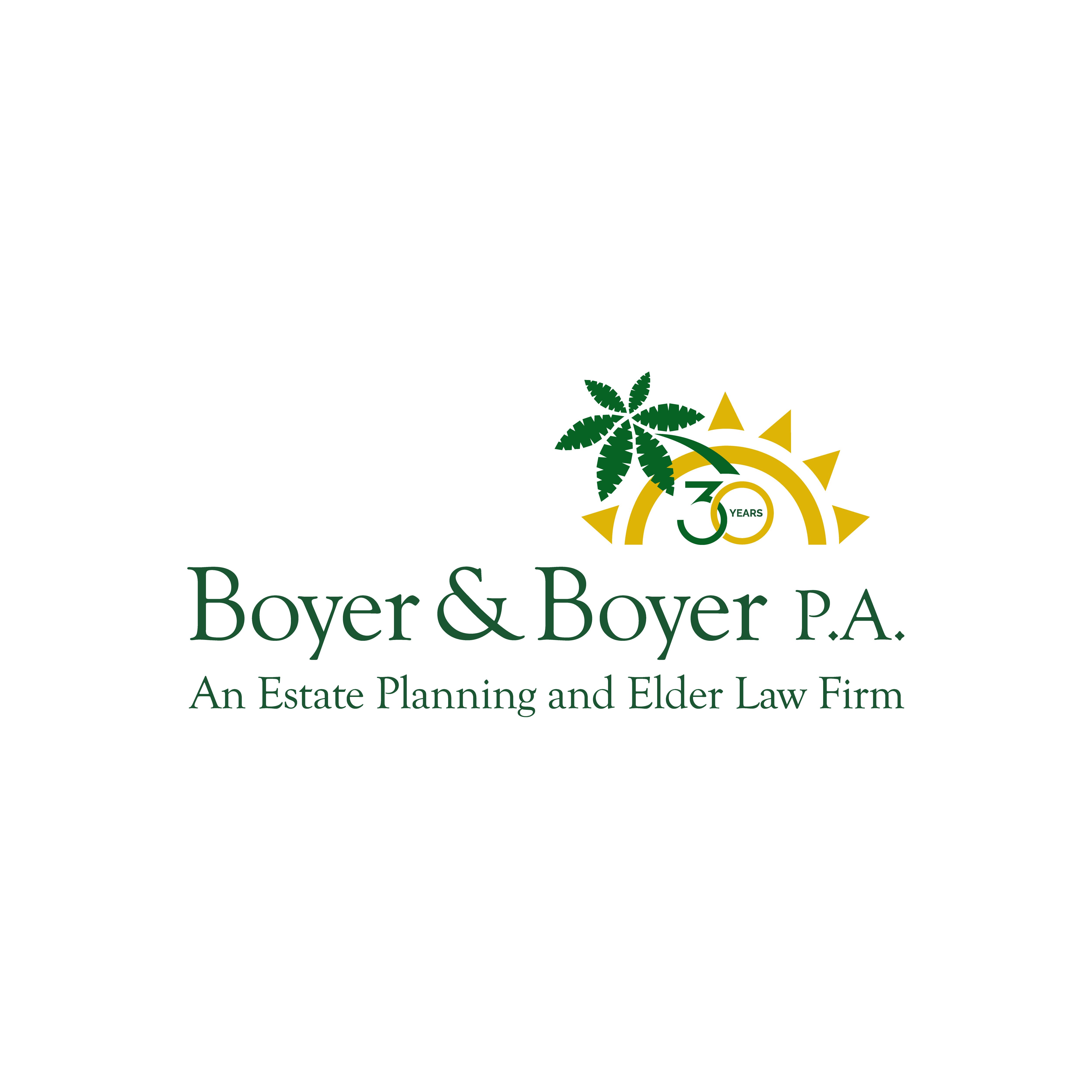
Long Term Care Planning
Client’s facing major health events, hospital stays and rehabilitation plans have plenty of stresses to deal with. These stresses are often compounded by the prospect of spending significant portions of their life savings to pay for care. We also routinely meet spouses of patients wondering what will be left over for their own care in retirement. Our public benefits team evaluates each family’s specific health needs and financial situation to determine what benefit options are available and how best to utilize them to provide better care for clients while protecting future needs of spouses.
The most common public benefit program we utilize is the Medicaid Institutional Care Program (ICP), though Medicaid Diversion and Medicaid Waiver are also evaluated along with Veteran’s Benefits.
Continue to read the information below for the most current benefits information or …
Get more information about our Long-Term Care Planning and Medicaid Planning Eligibility Evaluation.
Frequently Asked Questions About Medicaid Long Term Care Planning
What does “long term care” mean?: For purposes of this information sheet, long term care refers to personal services and medical care provided on an ongoing basis at home, in an assisted living facility (ALF) or a nursing home (SNF).
Who needs long term care?: Individuals who need assistance with certain daily tasks, known as “activities of daily living” or ADLs, often need access to long term care services.
What are some “activities of daily living”?: Ambulation, bathing, hygiene, dressing, medication management, toileting, eating and meal preparation are some of the most commonly referred to ADLs.
How much does long term care normally cost?: Private care in the home averages $18-$30 per hour and 24 hour care can cost $125,000 or more per year. Assisted living facilities range from $2500 to $6500 per month, depending upon the level of care that an individual needs. Nursing home care costs for a semi-private room alone average $300 per day in our area.
How is nursing home care typically paid for?
1. Medicare: Limited Medicare benefits are available for up to 100 days for enrolled individuals who are admitted to a nursing home, but benefits are conditioned on a number of factors and no coverage is guaranteed. Full coverage is limited to 20 days and only pays if you are admitted following a three day hospital stay, or within 30 days of such a stay, and other Medicare requirements regarding health care must be met. Individuals with Medicare supplement policies may have full coverage for up to an additional 80 days or will need to cover the 20% copay for the remaining 80 days. After that, Medicare is OUT. Additional benefits will be available following another hospital stay subject to time limitations.
2. Long Term Care Insurance: This should always be considered a part of long term planning. New products include coverage for home health and assisted living, as well as skilled nursing care. These products must be purchased when the individual is healthy enough to qualify, so it requires advance planning. LTC insurance should always be considered by the well spouse of an institutionalized individual. In determining whether insurance will be of benefit, the health and resources of the applicant need to be considered.
3. Private Pay: Individuals with the financial means to do so, may pay privately from their existing assets. The average length of stay in a skilled nursing facility is 30-36 months. Costs are rising sharply.
4. Medicaid: This is a joint federal/state program based upon eligibility of applicants. Unlike Medicare benefits for acute illness, Medicaid requires a spend down of assets before chronic care will be covered.
Are government benefits available to assist in paying for long term care costs?:
The Medicaid program, founded in 1965 concurrently with Medicare, is the primary government program that helps with the cost of long term care. Unlike Medicare, which is funded and directed solely by the federal government, Medicaid is a joint enterprise between the state and federal governments. There are many different programs of assistance within the Medicaid system. The nursing home program is called “Institutional Care Program”, or “ICP”. Persons eligible for ICP receive financial assistance for the costs associated with residing in skilled nursing facilities (nursing homes). Medicaid generally does not pay for assisted living; although a limited Medicaid waiver program and a “diversion” program may provide relief for some eligible residents.
What is the benefit?
Once an individual meets eligibility requirements for ICP, his or her total gross monthly income is paid to the facility, less a personal needs allowance ($130) and any income permitted to be kept by a spouse living at home. Medicaid will then pay for almost all costs, including room and board, medications and supplies. Laundry and hair care are not covered.
In Florida, eligibility determinations for the Medicaid program are administered through the Department of Children and Families (DCF). Program eligibility is determined in the office of Adult Payments. Medical assessments are done by the CARES team, housed in the Department of Elder Affairs.
Eligibility
How can an individual qualify for Medicaid assistance? There are three basic eligibility criteria for Medicaid ICP assistance:
- Level of Care: An applicant must need nursing home care and must receive it in a Medicaid ICP approved facility. Required ICP levels of care include Skilled, Intermediate I and Intermediate II. The level of care is independently verified by a CARES team from the Department of Elder Affairs (DOEA). Florida law (under Chapter 400) defines the levels of care which can be provided for adult family care homes, assisted living facilities and skilled nursing facilities. Facilities cannot give a higher level of care than the law allows and must discharge the resident to the next highest level of care if the patient’s needs exceed the statutory limits.
- Income: Florida is one of a handful of states which has established an income cap as a method of limiting eligibility. Individual applicants whose gross monthly income exceeds the cap do not qualify for ICP assistance without establishing a “qualified income trust”.
- 2023 Income Cap: $2,742.00 per month (applies to the applicant only)
- Note: DCF has taken the position that a Qualified Income Trust cannot be executed by an individual other than a spouse unless that individual holds a power of attorney permitting the execution of the trust. Powers of attorney executed after October 1, 1995 must have specific authority to create the trust. In the absence of a power of attorney, it may be necessary to seek the appointment of an emergency temporary guardian.
- Asset Limits:
- Applicant: $2,000.00
- Spouse: $148,620.00
- Exempt Assets (not counted to determine eligibility) include:
- Homestead property (note: equity limit applies)
- One Automobile of any age, another if over 7 years old
- Home furnishings
- Term Life insurance, or whole life if the face value does not exceed $2,500.
- Pre-paid funeral and burial:
- If the contract is Irrevocable there is no limit on the value of the prepaid plan
- If the contract is Revocable, the value cannot exceed $2500
Spouses have 90 days after approval of the Medicaid application to complete the transfer of jointly held assets into the Community Spouse’s name alone. All excess resources must be spent down before the applicant will be eligible for benefits.
These are general rules and you should obtain the advice of an attorney regarding your own situation before making any decisions.




